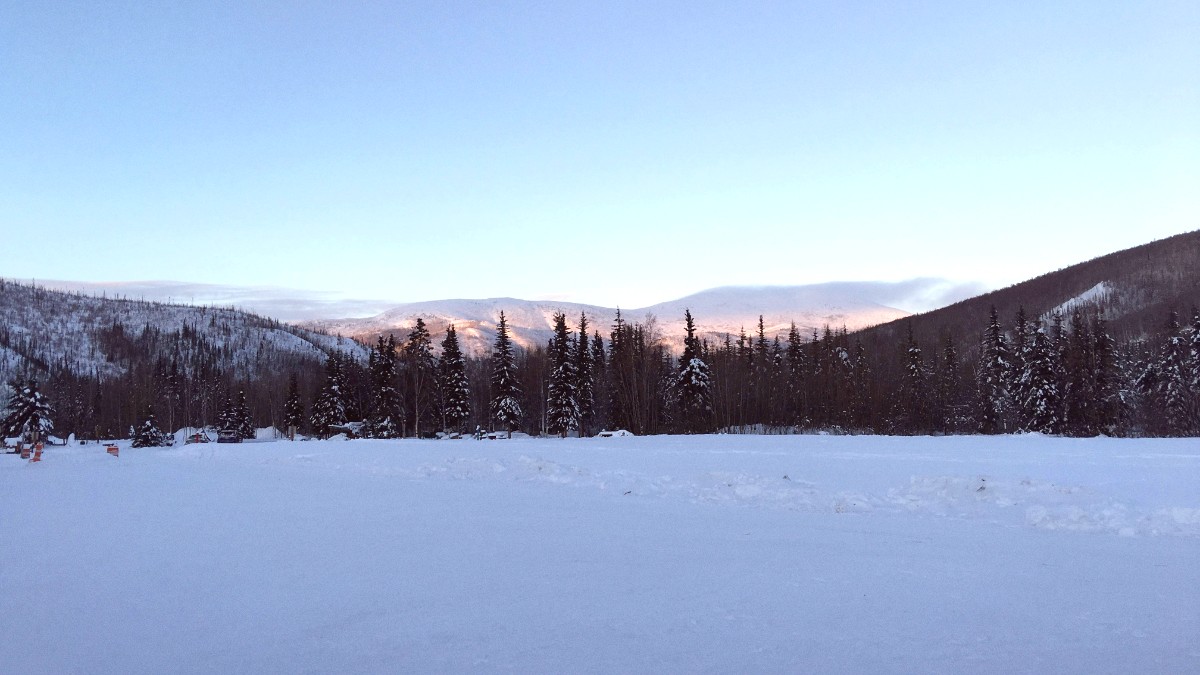
Alaska, USA
Fairbanks is surrounded by state parks, national recreation areas, and wildlife refuges, preserving natural beauty.
Recycling opportunities are available in Fairbanks, though sometimes limited at all hotels or remote lodges.
While Alaska has abundant fresh water, responsible use is always encouraged.
Protected areas are for preserving Alaska's natural beauty and biodiversity.
Support organizations that work on conservation, like the Friends of Creamer's Field or local environmental groups.
Look for businesses advertising sustainable practices, renewable energy use, or waste reduction programs.
Consider purchasing carbon offsets for your flights to and from Fairbanks to mitigate environmental impact.
These guidelines are useful in Alaska's wilderness to protect the environment.
Observe from a distance; never feed animals. Your actions help protect them.
Keep noise down; be considerate of other visitors on trails and at sites.
Practice Leave No Trace principles: plan ahead, stay on trails, dispose of waste properly, observe wildlife from a distance, and minimize impact.
Fairbanks is home to a diverse population, including Alaska Native peoples whose cultures connect deeply to the land. Respectful interaction nurtures positive relationships.
Support Alaska Native cultural centers, museums, and artists to honor local heritage.
Be polite and courteous in all interactions. Your approach fosters positive connections.
Fairbanks embraces a spirit of openness.
Avoid discussing politics, religion, or overly personal topics with strangers. Listen more than you speak when engaging with locals.
While Alaskans are generally friendly, they also value their independence and privacy. Respect their space.
Alaska generally follows U.S. Laws and social norms regarding non-discrimination. Fairbanks, as an university town, tends to be open and accepting. Travelers generally feel comfortable and respected.
Listen more than you speak when engaging with locals, and approach interactions with an open mind.
Your choices as a traveler directly influence the local economy.
Seek out and support tours or activities offered by local residents or small, independent businesses.
When purchasing souvenirs, especially Alaska Native art, look for "Made in Alaska" labels or certifications of authenticity.
If you encounter begging, consider giving to local charitable organizations or shelters for systemic community support.
Research reputable local non-profit organizations focused on environmental conservation, community development, or social services. This directs funds towards a lasting impact.
Choose ethical tour operators that prioritize animal welfare and conservation. Avoid any activity that involves harming or unduly stressing wildlife.